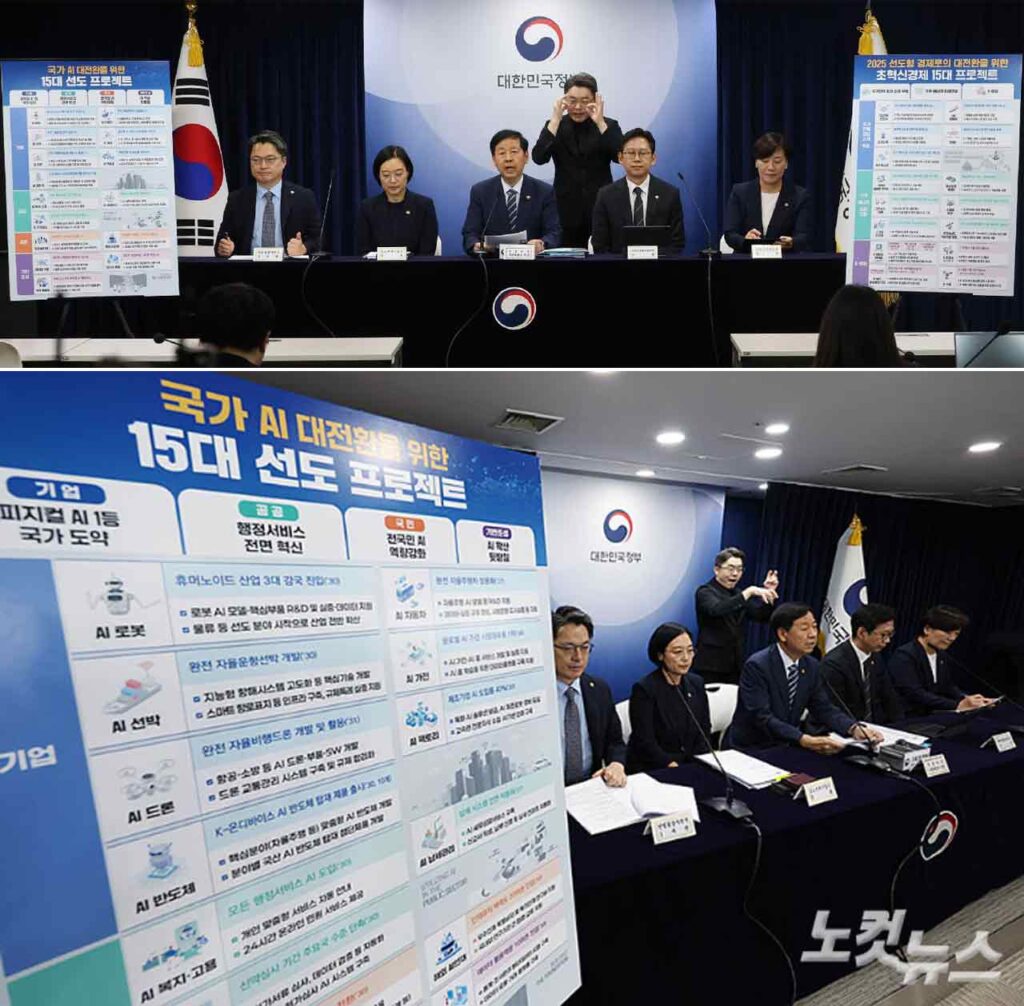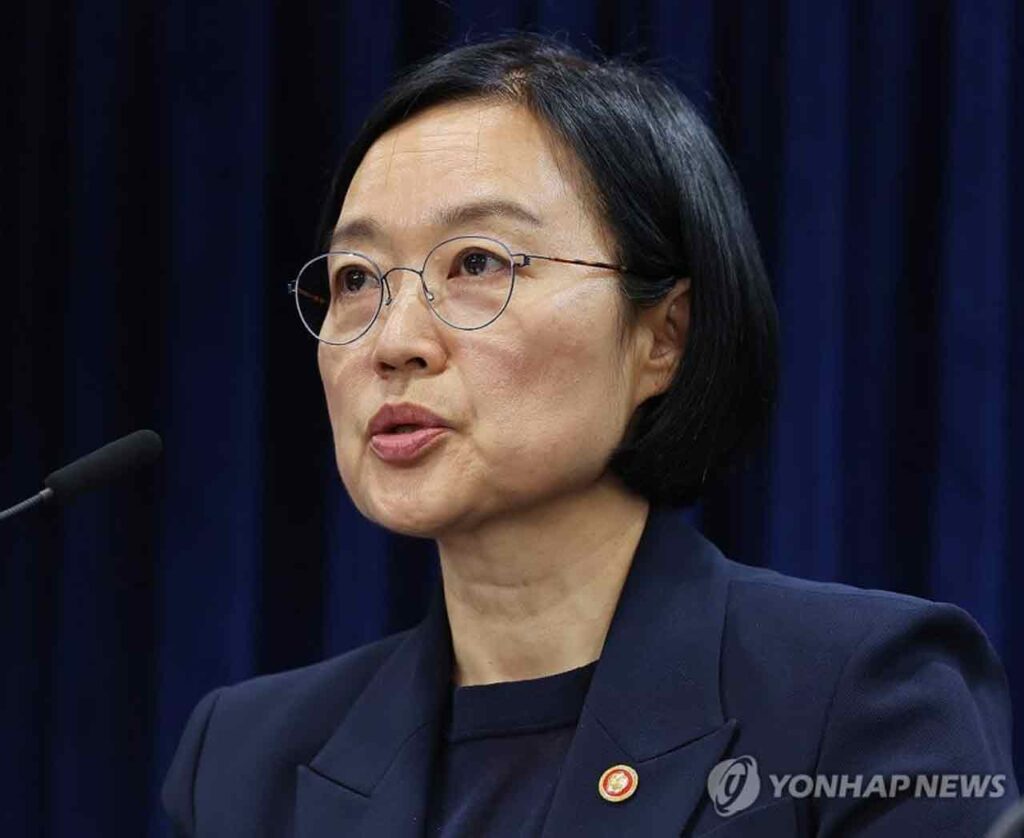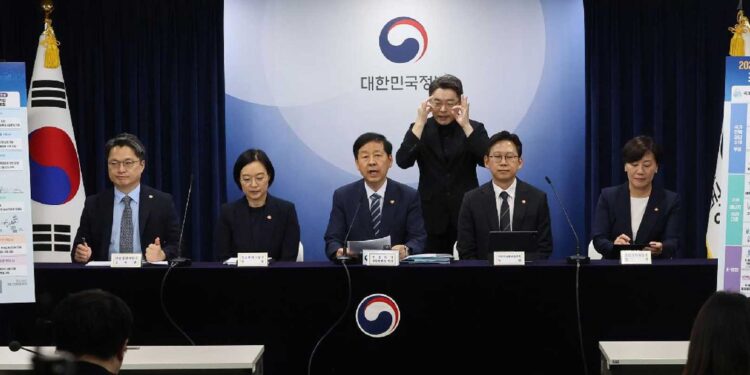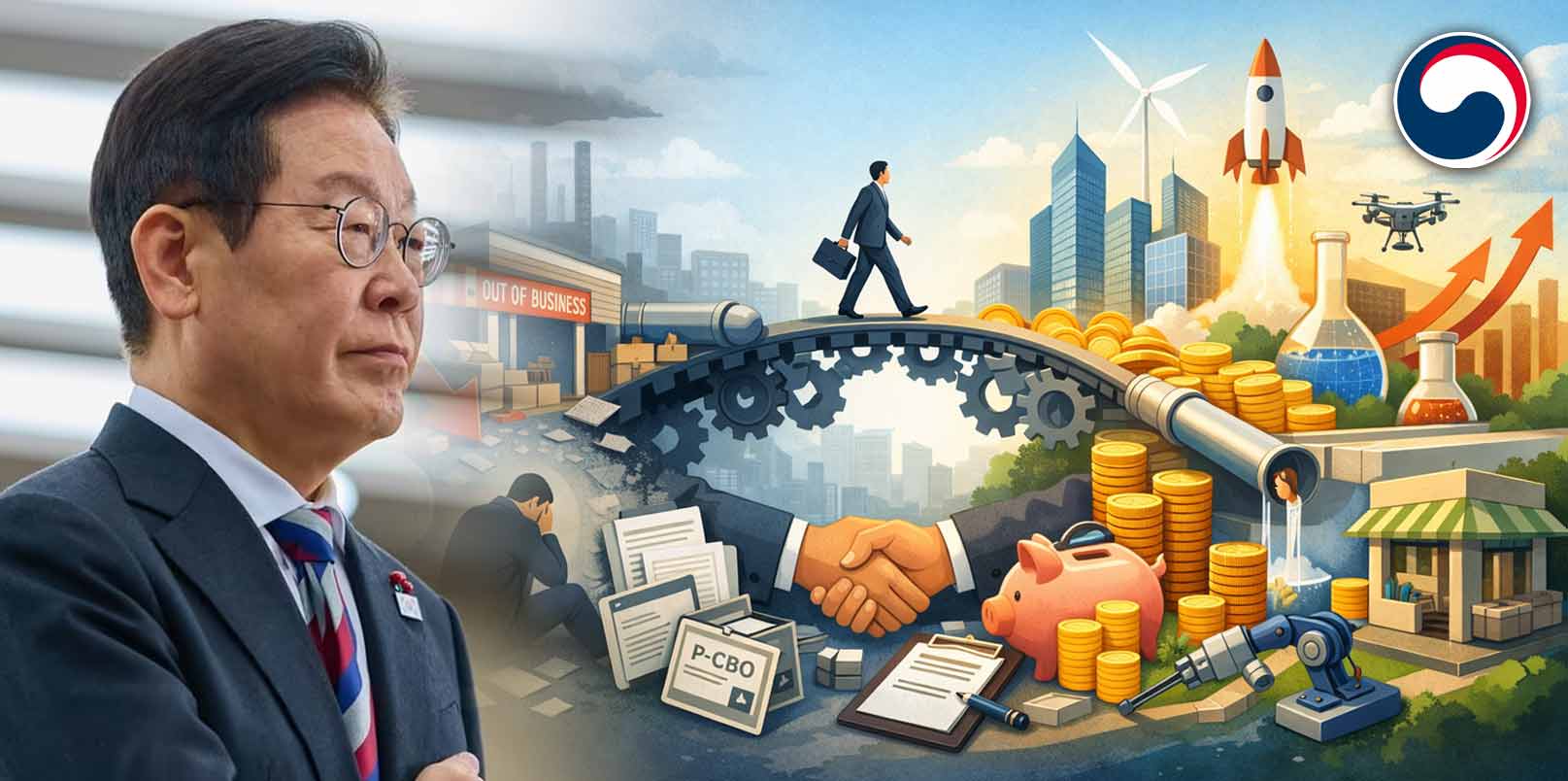Korea is moving to reshape its startup landscape with bold financial reforms tied to its ambition of becoming the top three global AI powerhouses. By opening pension funds to venture investment, expanding the Mother Fund, and accelerating AI adoption in manufacturing, the government is building the foundations for AI deep tech growth, startup scaling, and long-term global competitiveness.
Korea’s Top 3 AI Ambition Meets Startup Policy Reform
The Lee Jae-myung administration has unveiled its latest economic growth strategy, aiming to position Korea among the world’s top three AI powers.
Among the highlights of this plan is a sweeping reform of the venture investment ecosystem: opening pension funds to startup investment, extending the life of the Mother Fund, and channeling more capital into AI and deep tech ventures.

Previously, Korea announced to commit ₩40 trillion in annual venture investment by 2030 and the creation of 50 unicorns. SMEs and Startups Minister Han Seong-sook now echoes the commitment during the joint briefing at the Seoul Government Complex on August 22, 2025, adding structural detail and new funding channels to sustain that ambition:
“To achieve an AI-driven economic transformation and ultra-innovation, we must secure large-scale investment for ventures and startups that will drive Korea’s economic future. The ministry’s top priority will be restoring the weakened venture investment ecosystem, expanding annual venture investment to KRW 40 trillion (about USD 30 billion) by 2030.”
Pension Funds Cleared for Startup Investment
For the first time, retirement pensions and national pension pools will be able to invest directly in venture-backed companies. To mitigate risk, the government plans joint co-investment with the Mother Fund and additional safeguards such as put options to ensure liquidity.
Business Development Companies (BDCs) will also be introduced to diversify pension fund risks, while tax incentives for corporate venture investment will be expanded. These reforms are designed to broaden the investor base for Korean startups and provide stable, long-term capital inflows.
Mother Fund Expansion and AI Deep Tech Priority
Korea’s Mother Fund, a central government vehicle that invests in venture sub-funds, will see its scheduled expiration in 2035 extended, ensuring long-term stability in capital supply. Its budget allocations will shift to prioritizing AI and deep tech funding in Korea, increasing their share from 20% to 30%.
The reforms also expand secondary funds to activate the exit market, with rules allowing secondary share purchases to count as primary investment up to 20% of fund commitments. These measures aim to reduce risk, boost liquidity, and encourage more private sector participation.
Manufacturing AI 24: Scaling Smart Factories for SMEs
Beyond capital markets, the strategy highlights the government’s determination to accelerate AI adoption in manufacturing SMEs, a critical sector for the Korean economy.
The existing Korea AI Manufacturing Platform (KAMP) will be upgraded into “Manufacturing AI 24”, offering end-to-end support for smart production — from data management and model testing to deployment in real-world factories.
Pilot projects have already shown tangible impact: AI vision systems cut inspection times by 94%, raised accuracy from 90% to 96%, and reduced per-unit inspection from 1.5 minutes to 0.5 minutes.
By expanding access to AI-powered smart factories and nurturing specialized AI technology providers, the government aims to build a self-sustaining innovation ecosystem where AI demand and supply reinforce one another.
Expanding Korea’s AI, Unicorns, and Global Competitiveness
Ultimately, SMEs and Startups Minister Han Seong-sook emphasized that expanded venture capital in Korea will become a catalyst for transforming SME manufacturing into AI-powered production sites, calling it a critical step toward Korea’s broader AI transformation.
Minister Han Seong-sook pledged,
“The government will stand behind ventures, startups, and SMEs so they can thrive in the era of AI transformation.”

The government’s strategy combines capital market reform, deep tech prioritization, and SME digitalization to align with its larger goal for South Korea: becoming the Top 3 AI powerhouse. For the Korean startup ecosystem, this roadmap creates pathways for both high-growth AI unicorns and smaller firms adopting automation.
Together, these reforms aim to strengthen the global competitiveness of Korean startups, signaling to investors, founders, and ecosystem stakeholders that Korea is committed to fueling the next generation of AI-driven companies.
– Stay Ahead in Korea’s Startup Scene –
Get real-time insights, funding updates, and policy shifts shaping Korea’s innovation ecosystem.
➡️ Follow KoreaTechDesk on LinkedIn, X (Twitter), Threads, Bluesky, Telegram, Facebook, and WhatsApp Channel.






